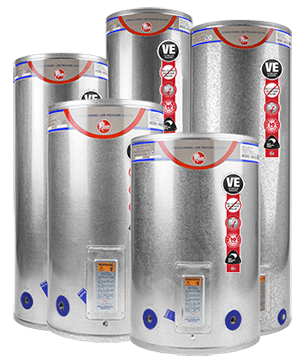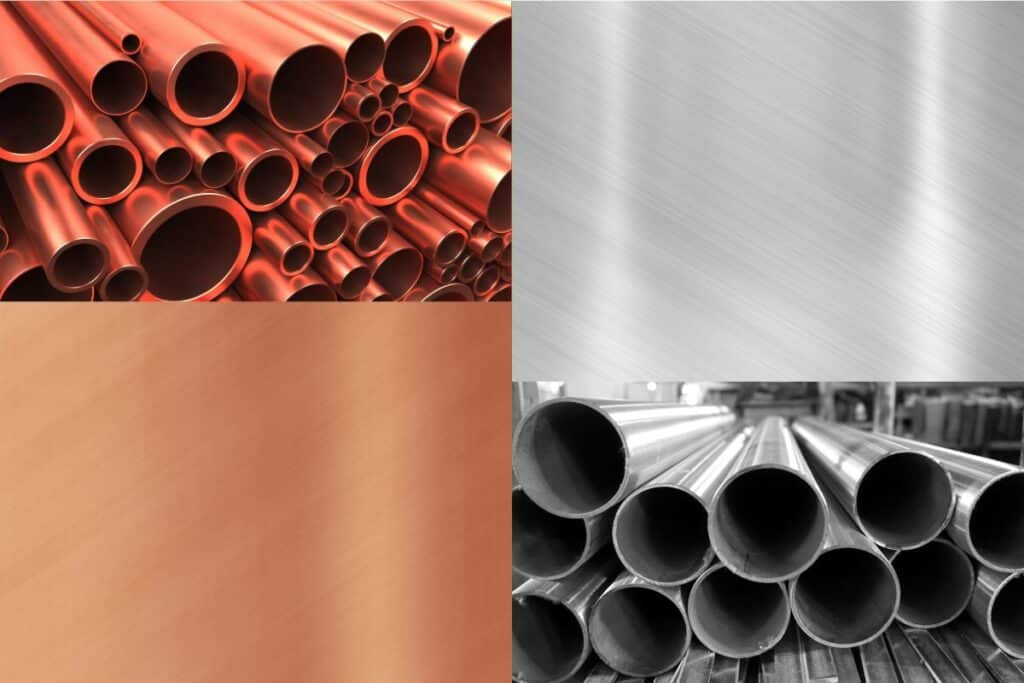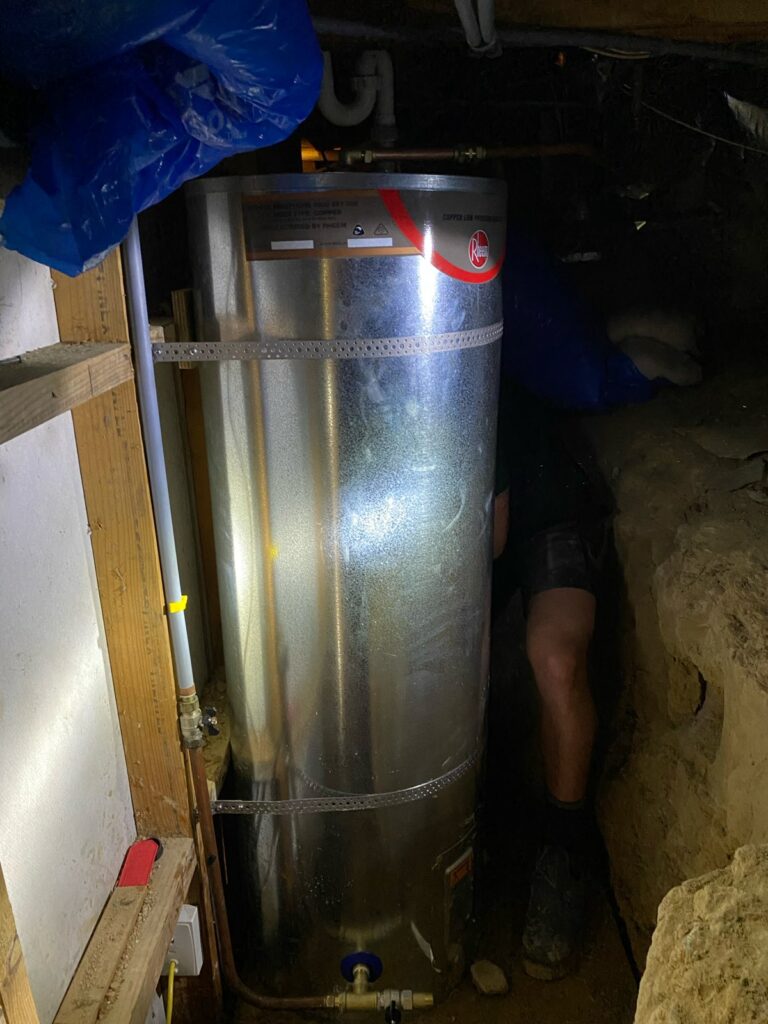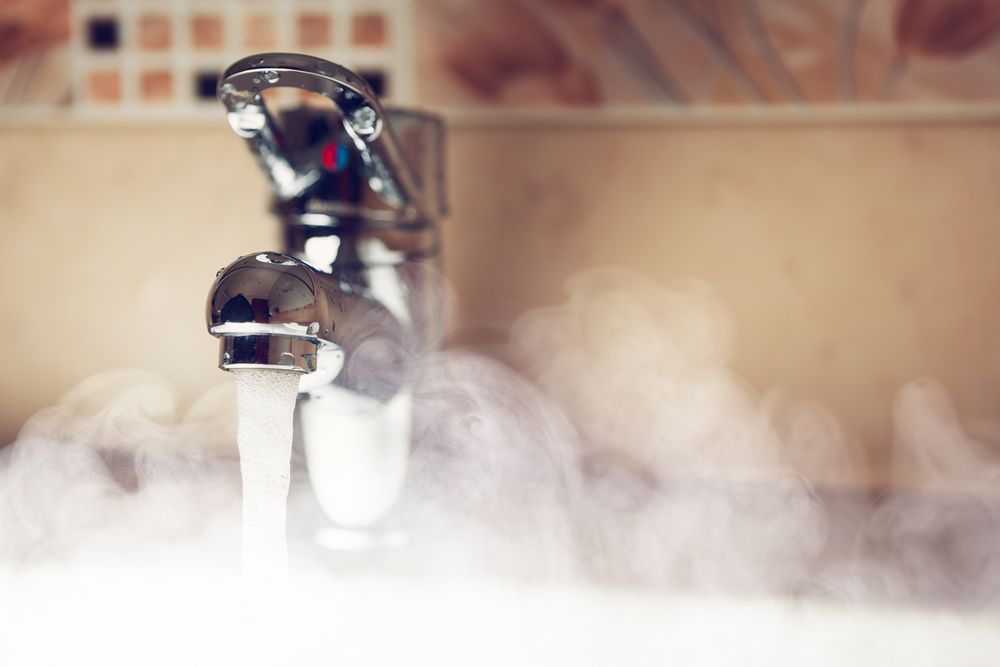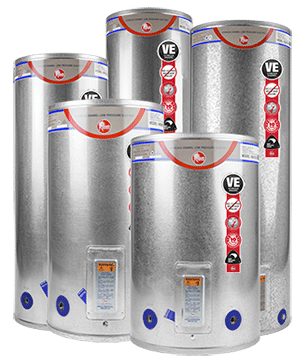Hot water becomes an indispensable commodity in the heart of Wellington, where chilly winds embrace the city, and rain often taps on rooftops. At Paramount Plumbing & Gas, we are Plumbers and Gas Fitters in the Wellington region, and we’ve encountered numerous tales of cold showers and shivering households, prompting us to embark on a journey to demystify the world of hot water cylinders in Wellington and the nearby area.
In this article, we engage in a discussion that navigates through the intricacies of hot water systems, aiming to shed light on the burning questions that resonate with homeowners across the region.
The Tempo of Heating: A Patient Wait
One common question we encounter is, “How long does it take for a hot water cylinder to heat up?” The pace of heating is influenced by various factors, such as the type of cylinder, its size, and the power source. Electric hot water cylinders, prevalent in Wellington, typically take 60-90 minutes to reach the desired temperature.
Gas cylinders, on the other hand, boast a quicker tempo, often providing hot water within 30-45 minutes. Users need to consider these differences, aligning their expectations with the specific characteristics of their chosen system.
Adjusting the Symphony: Taming Hot Water Temperatures
Our journey then ventures into the area of temperature control. Many homeowners ask, “How do you adjust the hot water cylinder temperature in NZ?” Paramount Plumbing advises caution in this delicate orchestration as safety comes first because you want to avoid making mistakes here. Most cylinders come equipped with a thermostat, allowing users to set the temperature.
A recommended 60-65 degrees Celsius range is ideal for safety and energy efficiency. However, adjusting temperatures should be approached judiciously, avoiding extremes that may compromise safety or comfort, especially if you have small children in the house.
The Great Debate: Copper vs. Stainless Steel
As the discerning homeowner contemplates the choice of materials for hot water cylinders, the an enduring debate between copper and stainless steel surfaces. Each material presents a distinct set of virtues, creating a refined decision-making process that aligns with individual priorities.
Paramount Plumbing & Gas examines this discussion to equip you with the insights necessary for an informed choice.
Copper: The Maestro of Heat Transfer
Copper, celebrated for its exceptional heat transfer properties, is the maestro in the symphony of hot water systems. The question often asked is, “Why opt for copper?” The answer lies in its unparalleled ability to facilitate rapid heating and cooling.
Copper cylinders, commonly found in Wellington households, are renowned for efficiently turning energy into warmth, ensuring a swift response to your demand for hot water.
Stainless Steel: The Sentinel of Durability
On the opposing end of the spectrum, stainless steel emerges as the leader in durability and corrosion resistance, which is particularly important for homes on the Wellington coastline. For those prioritising a long-lasting investment, stainless steel becomes an enticing choice.
Its robust nature protects against the corrosive effects of time and water composition, making it an excellent option for those seeking a resilient and enduring hot water solution.
The Conundrum of Choice: Rapid Heating vs. Long-Lasting Reliability
The decision between copper and stainless steel ultimately hinges on individual priorities. Are you after the swift warmth of a morning shower, or does the prospect of a durable, corrosion-resistant investment appeal more to your sensibilities? Paramount Plumbing encourages homeowners to weigh the benefits of each material against their specific needs and expectations.
The Harmony of a Thoughtful Decision
The choice between copper and stainless steel is not a mere selection of materials; it’s an orchestration of preferences and priorities. Paramount Plumbing encourages homeowners to engage in this decision-making process thoughtfully, considering each material’s harmony with your hot water system. As the curtain rises on the great debate, let Paramount Plumbing be your conductor, leading you to a harmonious and well-informed decision.
The Sands of Time: Lifespan of Hot Water Cylinders
The longevity of hot water cylinders is a paramount concern for homeowners, and the query “How long does a hot water cylinder last?” frequently reverberates within the halls of Paramount Plumbing. A well-maintained cylinder can endure anywhere from 10 to 15 years.
However, this figure is contingent upon several factors, and a proactive maintenance approach can significantly influence your investment’s lifespan.
Factors Influencing Lifespan
The lifespan of a hot water cylinder is not solely determined by the passage of time but also by the interplay of various elements. The type of water in your area, the quality of installation, and the frequency of use all contribute to the system’s wear and tear.
In regions like Wellington, where mineral content in water can vary, regular maintenance becomes especially crucial to counter potential issues like sediment buildup and corrosion.
The Role of Regular Maintenance
To maximise the longevity of your hot water cylinder, Paramount Plumbing & Gas advocates for a routine maintenance schedule. Regular inspections, typically conducted annually, can identify potential issues before they escalate. Flushing the cylinder to remove sediment and ensuring all components are in optimal condition are vital aspects of this maintenance regimen.
Signs of Wear: A Call to Action
Keeping an attentive eye on signs of wear is instrumental in preserving the health of your hot water system. Paramount Plumbing & Gas advises homeowners to be vigilant for rust or corrosion on the cylinder’s exterior and any leaks around connections or valves. Unusual noises, fluctuating water temperatures, or reduced hot water supply can also indicate underlying issues that merit prompt attention.
Proactive Care for Optimal Returns
Proactivity in caring for your hot water cylinder is the key to securing an extended lifespan and maximising the return on your investment. Paramount Plumbing recommends partnering with professionals for regular check-ups, allowing for the timely identification and resolution of potential problems. This collaborative approach ensures your hot water system operates efficiently and reliably throughout its anticipated lifespan.
Paramount Plumbing: Your Partners in Longevity
Paramount Plumbing is not merely concerned with installing and repairing hot water cylinders; we are your steadfast partners in ensuring these crucial systems’ longevity and sustained performance. As the clock ticks, let Paramount Plumbing be your trusted guide in the proactive care and maintenance of your hot water cylinder, ensuring a consistent and reliable supply of warmth for years to come. Take a look at our hot water cylinder selection here.
Mysteries Unveiled: Diagnosing Insufficient Heat
A common lament echoes in hot water systems: “Why is my hot water cylinder not getting hot enough?” Paramount Plumbing & Gas acknowledges the frustration this question can evoke and delves into the mysteries that may underlie insufficient heat. A systematic approach to diagnosis is the key, with several factors potentially at play.
A Symphony of Factors
The quest for a solution begins with acknowledging that various factors may contribute to insufficient heat. Paramount Plumbing recognises that a mere lack of warmth could stem from issues ranging from a malfunctioning thermostat to the gradual accumulation of sediment within the cylinder.
The Thermostat Conundrum
A faulty thermostat is one of the primary suspects in the case of insufficient heat. Homeowners are urged to embark on a systematic inspection, checking the thermostat settings to ensure they align with the desired temperature. Paramount Plumbing emphasises the significance of accurate thermostat calibration, as even a minor deviation can lead to noticeable discrepancies in water temperature.
Sediment’s Stealthy Presence
Sediment buildup within the hot water cylinder can serve as a silent saboteur, gradually compromising its efficiency. Paramount Plumbing recommends a vigilant eye for signs of sediment accumulation, such as discoloured water or unusual noises emanating from the system. Regular flushing, an integral part of preventative maintenance, can help stave off this insidious invader and restore the cylinder’s heating prowess.
Power Sources Under Scrutiny
Insufficient heat may also stem from issues with the power sources fueling the hot water cylinder. Paramount Plumbing advises homeowners to assess the integrity of electrical connections, ensuring there are no disruptions or faults that impede the system’s smooth operation. For gas-powered cylinders, checking the gas supply and burner functionality becomes crucial in the diagnostic process.
Professional Intervention
In instances where the DIY diagnostic journey proves inconclusive, Paramount Plumbing stresses the importance of seeking professional intervention. Our trained technicians possess the expertise to perform a comprehensive assessment, pinpoint elusive issues, and devise effective solutions. Investing in professional services ensures a thorough diagnosis and a quick resolution, preventing further inconvenience.
A systematic approach is required to unravel the mysteries behind insufficient heat in hot water cylinders. Paramount Plumbing is your guiding conductor in this journey, encouraging Wellington homeowners to take a good look at their thermostat settings, inspect power sources, and remain vigilant against the stealthy advances of sediment. Should the symphony of heat fall out of tune, let Paramount Plumbing be the virtuoso that restores harmony to your hot water system.
Sizing Up: Determining the Ideal Cylinder Dimensions
Selecting the right-sized hot water cylinder is paramount for optimal performance. “What size of hot water cylinder do I need?” is a question we often tackle. The answer hinges on household size, usage patterns, and the number of bathrooms. Paramount Plumbing recommends consulting with professionals to calculate the precise size that aligns with your specific requirements.
Counting the Coins: The Cost of Replacement
Finally, the financial aspect surfaces – “How much to replace a hot water cylinder?” Paramount Plumbing & Gas acknowledges that costs vary based on cylinder type, size, and installation requirements. A comprehensive assessment by our experts ensures an accurate estimate, allowing homeowners to plan accordingly. Get in touch with our team for a free quote.
Paramount Plumbing: Your Guides in Hot Water hot water Systems in Wellington
At the end of the day, Paramount Plumbing & Gas is your ally in navigating the intricacies of hot water cylinders in the Wellington region. From understanding heating times to choosing between copper and stainless steel, we’ve embarked on a discussion that aims to empower homeowners to make informed decisions.
As the winds of Wellington continue to blow, let Paramount Plumbing be your steady anchor in hot water systems in Wellington and the following areas: Upper Hutt, Lower Hutt, Porirua, Johnsonville and Karori.
Whether you’re ready to request a free quote or have questions not addressed on our FAQ page, don’t hesitate to contact us.


